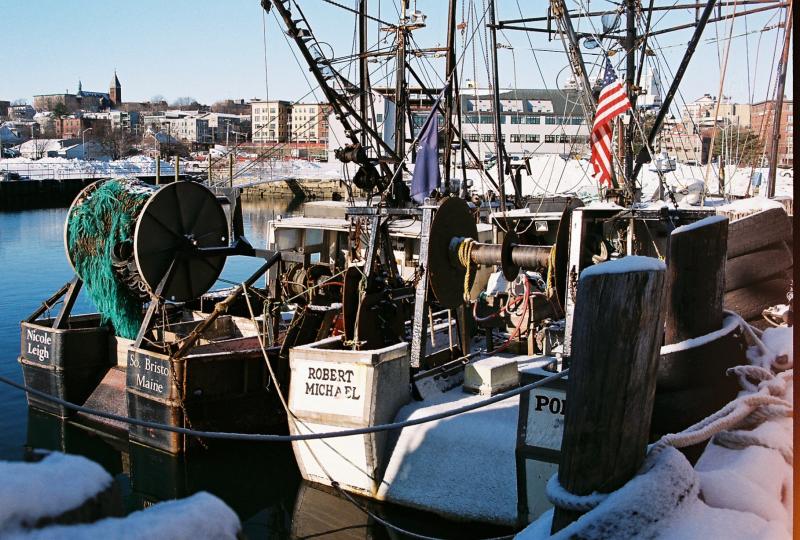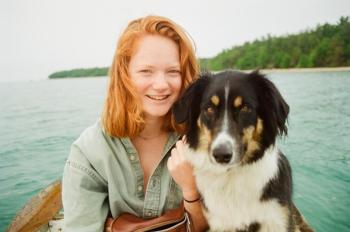This month, a student from the University of Michigan is launching a research project on the topic of seaweed and shellfish aquaculture in her home state of Maine.
Kate Shambaugh has designed her master’s project to look into potential ways to build resilience for the changes occurring in the Gulf of Maine. Focused on fishermen’s opinions on the subject, Shambaugh is looking to collect up-to-date information from commercial fishermen and lobstermen through a survey and interviews.
The purpose of this project is to see if there are regional differences in fishermen’s opinions towards seaweed and shellfish aquaculture. If you are a fisherman and would like to take the survey, you can find it below. Contact Shambaugh at shambaug@umich.edu if you would like to participate in an interview.
The Gulf of Maine is warming faster than most of Earth’s oceans and marine populations are responding to the drastic environmental changes. There have been noted population-level changes in the distribution, abundance, growth, and production of iconic fishery species like lobster, Atlantic cod, herring, and flounder, said Shambaugh.
Maine fishermen have been compelled to adapt, fishing further offshore, targeting alternative species, or accepting reduced or less-profitable catches.
With warming projected to continue, fishermen may be exposed to increased competition for dwindling stocks, pricing volatility, and variations in seafood supply chain dynamics. These issues drive a need to explore alternative strategies that can supplement revenue and preserve ties to the water, she said.
One alternative that has received increased attention is the practice of aquaculture, notably shellfish and seaweed aquaculture, that offers a controlled, stable, supplement to wild fishery harvest.
The Gulf of Maine is known for its cold, clean water due to an Arctic current that comes down from the north, touching the coast. Shellfish are filter feeders, meaning that they remove nutrients and other particles from the water helping to prevent deadly algal blooms by consuming algae and improving water quality for other plant and fish species. This also means that bivalve, and seaweed, are “non-fed” species, which reduces cost, nutrient pollution and energy to create feed, said Shambaugh.
For these reasons, some people have found seaweed and shellfish farming to be an attractive alternative or addition to current practices. However, marine farms are also stationary, coastal farms that can be competitive with other commercial fishing techniques and may not be an appropriate option for certain fishermen or harbors.
The first phase of her project is a 10-minute-long survey for fishermen to complete that discusses fishing history and their opinions on shellfish and seaweed aquaculture. The second phase of the project is in person or virtual interviews aimed to fill in the gaps of information that the survey misses and hear stories that Maine fishermen would like to tell.
If you are a commercial fisherman and would like to participate, click here.
If you have any questions or are interested in participating in an interview, please email shambaug@umich.edu with the heading “Aquaculture Opinion Project”.





























